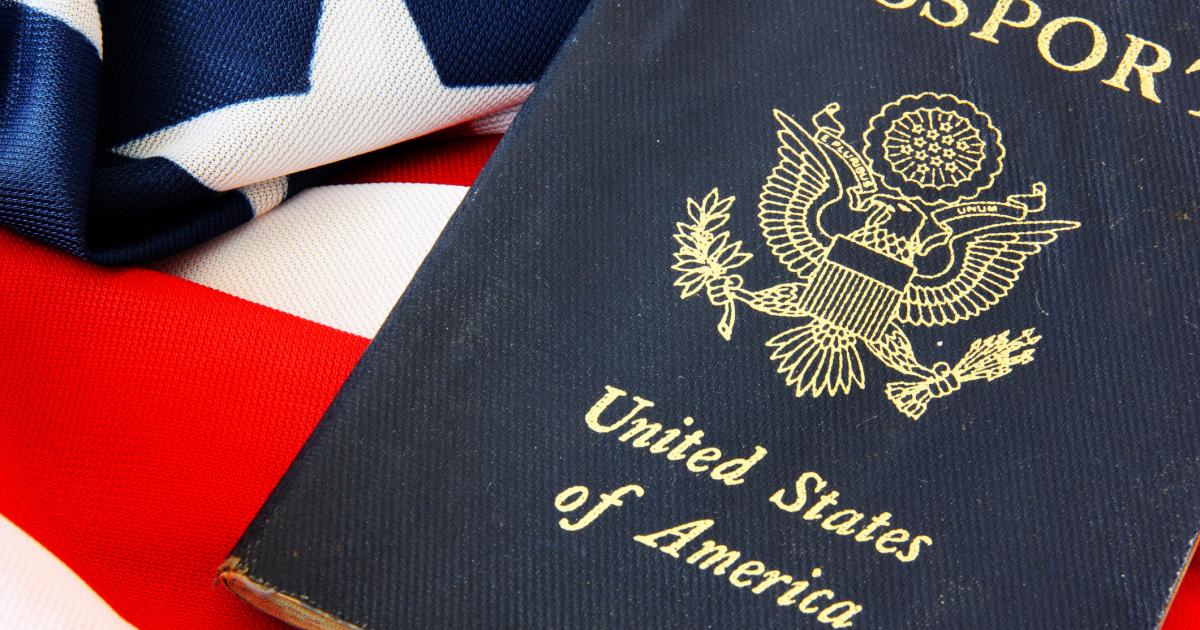I'm glad you posted this.
The 14th amendment was allegedly ratified to provide former slaves and their offspring the full protection of the U.S. Constitution that is granted to citizens. Yet
EVERYONE, judges, SCOTUS, local municipalities, as well as the very states that are expressly forbidden in the plain language of the amendment from passing any laws that infringe upon the equal rights of it's citizens, did so with impunity and ushered in 96 years of Jim Crow, in spite of the plain language of the 14th Amendment forbidding them from doing so.
To date, no one has anything to say about how
THIS part of the 14th amendment has been ignored for close to 100 years in respect to those it was created to benefit - Black people - yet well more than 100 years since it's ratification, the 14th amendment has been cited as the grounds for granting birthright citizenship to those who are
NOT only
NOT citizens (compared to those MADE citizens by the 14th), but are in the country unlawfully.
Fourteenth Amendment
Section 1
All persons born or naturalized in the United States, and subject to the jurisdiction thereof, are citizens of the United States and of the State wherein they reside. No State shall make or enforce any law which shall abridge the privileges or immunities of citizens of the United States; nor shall any State deprive any person of life, liberty, or property, without due process of law; nor deny to any person within its jurisdiction the equal protection of the laws.
This is what was then allowed:
Following the ratification of the 14th Amendment in 1868, which aimed to ensure equal protection under the law for all citizens, numerous state and local governments enacted laws that directly contravened its provisions, particularly targeting African Americans. These laws, commonly known as "Jim Crow" laws, institutionalized racial segregation and discrimination. Below is a list of notable laws and practices that violated the 14th Amendment's equal protection clause:
1. Black Codes (Late 1860s):
- Mississippi Black Code (1865): Mandated that African Americans sign yearly labor contracts; those without proof of employment could be arrested and fined.
- South Carolina Black Code (1865): Restricted African Americans from holding certain occupations unless they paid a special tax.
2. Segregation Laws:
- Louisiana Separate Car Act (1890): Required separate railway cars for white and Black passengers. This law led to the landmark Supreme Court case Plessy v. Ferguson, which upheld the "separate but equal" doctrine.
- Florida Education Law (1885): Mandated separate schools for white and Black children.
3. Voting Restrictions:
- Alabama Constitution (1901): Implemented literacy tests and poll taxes specifically designed to disenfranchise Black voters.
- Mississippi Constitution (1890): Established complex voter registration requirements, including literacy tests and poll taxes, to suppress Black voter participation.
4. Anti-Miscegenation Laws:
- Virginia Racial Integrity Act (1924): Prohibited marriage between white and non-white individuals.
- Alabama Anti-Miscegenation Law (1927): Made interracial marriage illegal, with severe penalties for those who violated the law.
5. Public Accommodation Segregation:
- Georgia Public Accommodations Law (1905): Required segregation in hotels, restaurants, and other public facilities.
- Texas Railcar Segregation Law (1889): Mandated separate railroad cars for Black passengers.
6. Employment Discrimination:
- South Carolina Labor Law (1915): Prohibited Black individuals from holding certain jobs in factories and mines.
- Louisiana Sugar Plantation Law (1907): Allowed only white laborers to work in specific industries.
These laws systematically undermined the 14th Amendment's guarantee of equal protection, leading to widespread discrimination and inequality [specifically against Black people]. It wasn't until the Civil Rights Movement, culminating in the Civil Rights Act of 1964, that many of these discriminatory laws were challenged and overturned.
